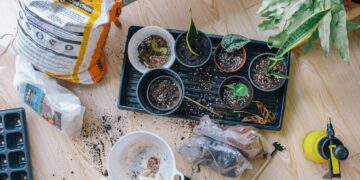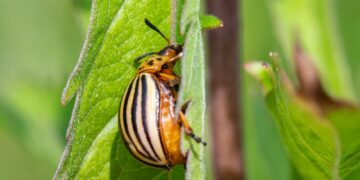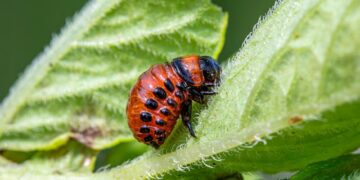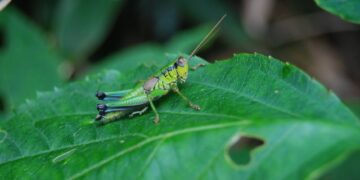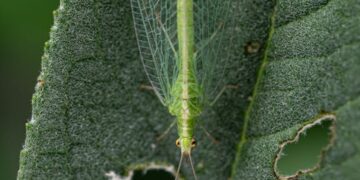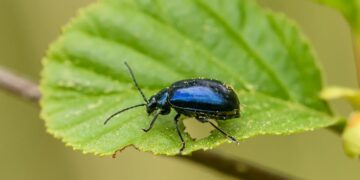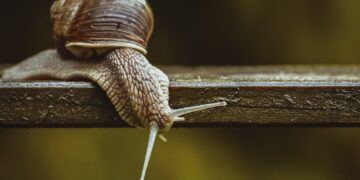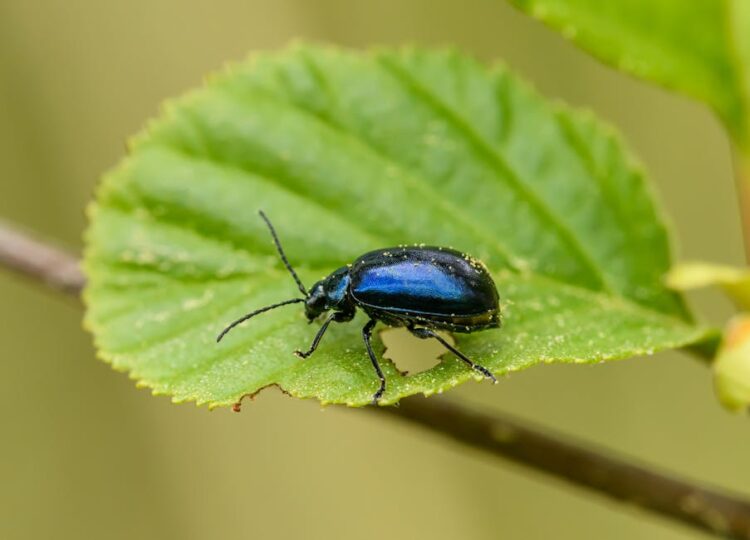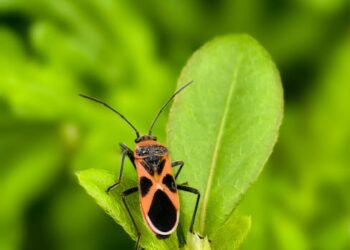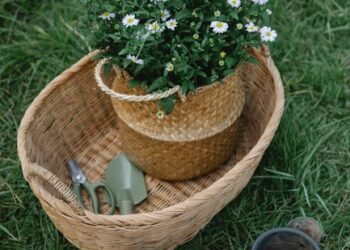Unlock the Secrets of the Best Natural Garden Pest Remedies
Discovering natural ways to protect your garden from pests without resorting to harsh chemicals is not just great for your plants, but also for the environment and your health. In this comprehensive guide, we’ll dive into the secrets of effective, natural garden pest control, offering you practical tips, and methods that are both eco-friendly and highly efficient.
The Importance of Natural Pest Control
Natural pest control solutions are vital for maintaining an ecological balance in your garden. Unlike chemical pesticides, natural remedies ensure that beneficial insects, crucial for pollination and natural pest control, remain unharmed. This approach not only helps in growing a healthier garden but also supports local wildlife and reduces your carbon footprint.
Common Garden Pests and Their Natural Enemies
Before you start mixing up remedies, it’s essential to identify which pests are troubling your garden. Here’s a quick overview:
Aphids
These tiny pests can usually be seen in clusters, sucking sap from plants. A strong blast of water or an application of soapy water can be effective against them. Alternatively, introducing ladybugs to your garden can provide long-term relief, as they are natural predators of aphids.
Slugs and Snails
These slimy creatures enjoy munching on leaves during the night. Sprinkling coffee grounds or crushed eggshells around the base of plants can deter them, as these materials irritate their soft bodies.
Caterpillars
While they turn into beautiful butterflies or moths, caterpillars can cause significant damage. Neem oil, a natural pesticide, can prevent them from eating your plants without harming beneficial insects.
Natural Remedies to Prevent and Combat Pests
Here are some effective, easy-to-prepare natural pest deterrents:
Neem Oil Spray
Mix two teaspoons of neem oil with a teaspoon of mild soap and a quart of water. This mixture can act as a broad-spectrum insect repellent, hindering the life cycle of insects at all stages, including larvae and adult insects.
Garlic Spray
Garlic is not just for warding off vampires; it’s also excellent for pests! Crush a few cloves of garlic, mix with two cups of water, and let it steep overnight. Spray this concoction directly on plants to keep a variety of pests at bay.
Diatomaceous Earth
This powder is made from fossilized algae and is lethal to insects with exoskeletons, like beetles and ants, as it dries them out. Sprinkle it around the soil to create a barrier pests won’t cross.
Integrating Beneficial Insects into Your Garden
Incorporating insects that prey on harmful pests is a fantastic natural method to increase garden health. Here’s how you can attract these helpers:
Planting Pollinator-Friendly Flowers
Flowers like marigolds, lavender, and sunflowers attract ladybugs and other beneficial insects. These insects not only improve pollination but also help in controlling pest populations naturally.
Creating Insect Hotels
Insect hotels are structures that offer shelter for beneficial insects. You can easily make one from old wood, straw, or even rolled-up newspaper. Placing these around your garden provides a safe space for beneficial insects to thrive.
Maintaining Garden Health
Preventing pests starts with a healthy garden. Here are several tips to keep your garden thriving:
Regular Cleaning
Remove dead leaves and debris regularly. This not only keeps your garden looking tidy but also removes potential hiding and breeding spots for pests.
Proper Watering
Overwatering can attract pests and lead to diseases. Water your plants in the morning to ensure that they are dry before nightfall, reducing the risk of pest problems.
Healthy Soil
Invest in your soil’s health by adding compost and performing regular soil tests. Healthy soil nurtures stronger plants that are more resilient against pests and diseases.
Conclusion
By utilizing these natural garden pest remedies, not only do you keep your garden safe and healthy, but you also contribute to a healthier environment. Embrace these eco-friendly strategies, and enjoy a vibrant, flourishing garden that’s both bountiful and beautiful.

